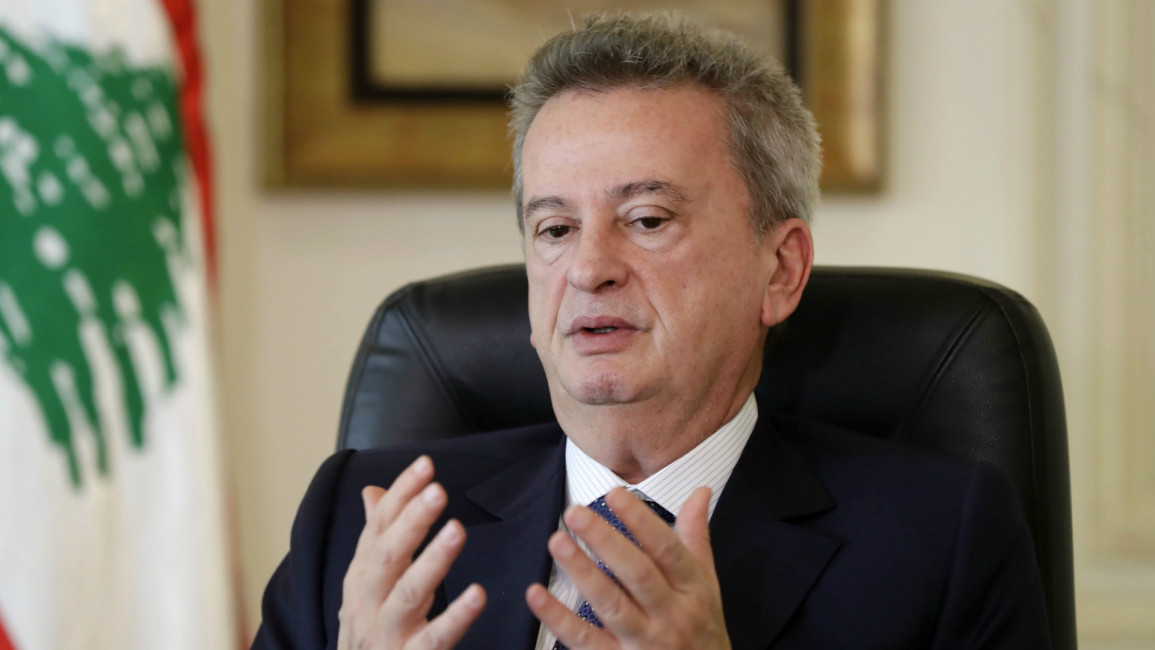Lebanon banks 'solvent' as Qatar offers support
Beirut has received offers of support from Doha, Salameh said in his comments to Lebanese broadcaster MTV as the country suffers from an acute dollar shortage amid the worst economic crisis since the civil war.
"I believe the Qataris want to support Lebanon," Salameh said, referencing a recent visit he made to the wealthy Gulf state.
"Let's be realistic, Lebanon is in need of foreign support," he said, adding that financing could come from wealthy Arab Gulf states and other foreign donors.
Talks with the International Monetary Fund [IMF] had so far been limited to talks with the prime minister over technical support, Salameh added.
"There has been no negotiation with the IMF by the Lebanese state to really know what conditions they would put," he said.
Last month, the World Bank and the IMF rebuffed a plea for financial aid pending the rapid formation of a new government to implement key economic reforms.
A grinding liquidity crunch has hit Lebanon, where unprecedented protests since 17 October have railed against the political class and a deepening economic crisis.
Since September, banks have restricted the amount of dollars that can be withdrawn or transferred abroad.
For decades, Lebanon's commercial banks have been the main conduit of foreign currency entering Lebanon, via deposits from investors and the country's wide-reaching diaspora.
But a severe slowdown in foreign currency injections has hampered dwindling reserves in a highly dollarised economy, where the Lebanese pound and the greenback are used interchangeably in everyday life.
In November, two credit rating agencies downgraded Lebanon's top banks further into junk territory, citing liquidity pressures.
In a report that same month, the Bank of America said Lebanon's foreign exchange reserves could run out by the middle of 2020 if they continue to plummet quickly.
With no fresh currency coming in from outside due to increasing capital restrictions, "time could be rapidly running out," it warned.
Follow us on Twitter and Instagram to stay connected



